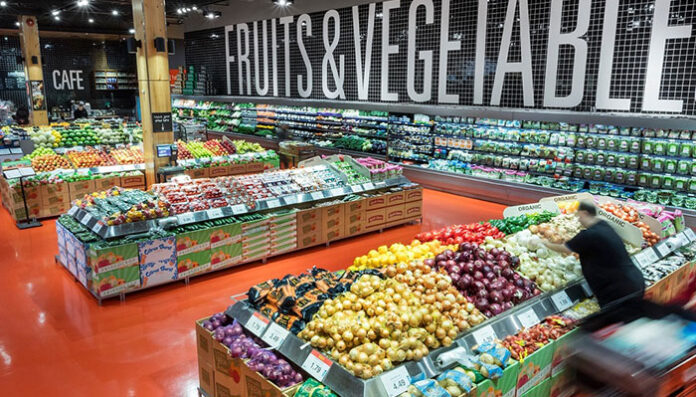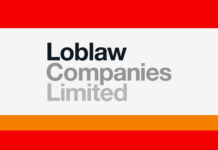Loblaw Companies Limited (“Loblaw”) announced its plan to achieve net-zero greenhouse gas (GHG) emissions by 2040 as part of a host of environmental commitments. As a multi-generational, family company, with the country’s largest network of corporate and independent grocery and drug stores, Loblaw is uniquely positioned to make an impact on the issues that matter most to Canadians. This perspective has been fundamental to Loblaw’s approach to environmental, social and governance (ESG) priorities, rooted in the company’s purpose: Helping Canadians live life well.
“Having met major milestones reducing our carbon footprint and waste, we are now squarely focused on the next challenge — net-zero,” said Galen G. Weston, President and Chairman, Loblaw Companies Limited. “It will see us deploy electric trucks, efficient heating and cooling, alternative energy, and innovative methods ahead. The need for action is as clear as our ambition, and it reflects the long-term vision our company has held across generations.”
In 2016, Loblaw committed to a 30-per-cent reduction incorporating carbon emissions by 2030. The company met that target in 2020, due to its advancements in energy management, equipment conversions, and addressing refrigerant leaks. Informed by the Science-Based Target Initiative and aligned to the Paris Agreement — limiting global temperature rise to 1.5 degrees Celsius — the company will extend this momentum into its franchised networks and distribution centres, and ultimately to its supplier network. This will create a long-term roadmap: Achieving net-zero GHG emissions for Loblaw’s operational footprint (Scope 1 and 2) by 2040 and achieving net-zero for Scope 3, including those generated by suppliers, by 2050.
The company will also take action on climate change through strategic initiatives, including the following:
• Eliminating food waste sent to landfill by 2030.
• Tackling plastic waste by ensuring all plastic packaging for control brands, like President’s Choice, are reusable or recyclable by 2025, and advancing industry initiatives like the Consumer Goods Forum’s global Golden Design Rules.
• Moving to a zero-emission truck fleet by 2030.
• Loblaw has a long-standing track record of corporate social responsibility. It is committed to fighting climate change and the effects of GHG emissions, plastic waste and food waste; and it has detailed commitments to improved leadership representation, and inclusion training program for its workforce of 200,000 Canadians, and nation-leading commitments to childhood hunger and women’s health.









